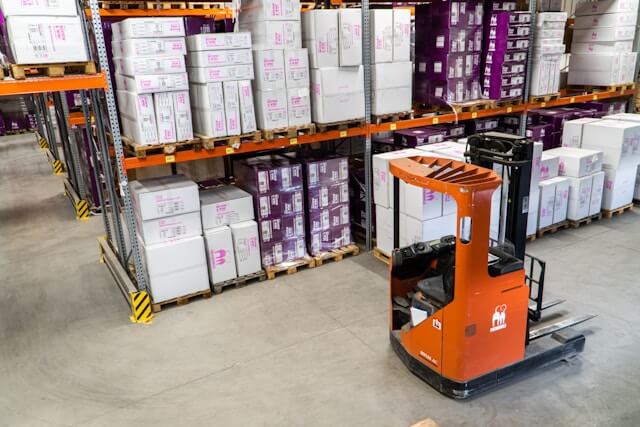What You Need to Know
Consumer Packaged Goods (CPG) brokers play a vital role in the distribution of products to retailers and ultimately to consumers. As the intermediary between manufacturers and retailers, these brokers handle everything from sales negotiations to product promotions, making them an integral part of the supply chain. In this article, we will take a closer look at the role of a CPG broker and what it takes to be successful in this field. We will explore their responsibilities, the skills required, and how they contribute to the success of both manufacturers and retailers.

Understanding the Purpose of a CPG Broker
Understanding the purpose of a CPG broker is significant in comprehending their role within the supply chain. These brokers act as the middleman between manufacturers and retailers, using their industry knowledge and connections to facilitate the distribution of products. By using CPG brokers, manufacturers can effectively reach a wider range of retailers, while retailers benefit from having access to a diverse portfolio of products. Moreover, CPG brokers help negotiate better deals for both parties, ensuring a mutually beneficial partnership that drives sales and boosts profits.
Navigating the Complex Supply Chain as a CPG Broker
As a CPG broker, one of the key responsibilities is navigating the complex supply chain and ensuring smooth communication between manufacturers and retailers. This requires strong organizational skills, attention to detail, and the ability to coordinate with multiple stakeholders. A successful CPG broker must be well-versed in logistics, transportation, inventory management, and other aspects of the supply chain to effectively manage product distribution. They also need to stay updated on industry trends and market changes to make strategic decisions that will benefit both manufacturers and retailers.
Building Strong Relationships
By understanding the needs and goals of their clients, brokers can better negotiate deals that benefit all parties involved. Strong relationships also allow for open communication and problem-solving, ensuring any issues or challenges are addressed promptly and effectively. Moreover, having a good rapport with manufacturers can lead to exclusive distribution deals, while a positive relationship with retailers can result in better product placement and increased sales. CPG brokers must prioritize building strong relationships to foster trust, loyalty, and long-term partnerships with their clients.
Negotiating Sales Deals
Negotiating sales deals is a core responsibility of CPG brokers, as it directly impacts the success and profitability of both manufacturers and retailers. These brokers use their knowledge of market trends, consumer behavior, and product performance to negotiate competitive pricing, promotional offers, and other incentives that can drive sales. They must also have strong communication and persuasion skills to effectively convey the value of their client’s products and secure favorable deals with retailers. Successful negotiation requires understanding the needs and goals of all parties involved and finding common ground for mutually beneficial outcomes.
Promoting Products in the Retail Industry
Promoting products in the retail industry is important for driving sales and increasing brand visibility. CPG brokers play a vital role in this aspect by utilizing their market insights, knowledge of consumer behavior, and promotional strategies to effectively promote products to retailers. By understanding the unique needs and goals of both manufacturers and retailers, CPG brokers can create targeted marketing campaigns that showcase the value of their client’s products and persuade retailers to place them on shelves or highlight them in advertising materials. This not only benefits manufacturers by increasing product sales, but also benefits retailers by offering customers high-quality products that meet their needs.
Key Traits and Skills of Successful CPG Brokers
Successful CPG brokers possess traits and skills that allow them to excel. Adaptability is key, as the CPG industry is constantly evolving, requiring brokers to adjust to market trends and consumer behavior. This means staying updated with market research, consumer preferences, and technological advancements. Strong communication and negotiation skills are essential for building client relationships and securing deals. Effective communication means conveying ideas and listening to client needs. Negotiation skills are crucial for finding mutually beneficial agreements. Attention to detail, organization, and problem-solving abilities are important for navigating the complex supply chain. Brokers must manage multiple accounts, track product lines, and meet deadlines, requiring meticulous planning and execution. Lastly, understanding the retail industry and market insights is necessary for creating promotional strategies that drive sales. This involves analyzing sales data, understanding competitive dynamics, and identifying growth opportunities, to craft marketing campaigns and promotions that resonate with consumers.
CPG brokers are a vital part of the supply chain in the distribution of consumer packaged goods. Their role as intermediaries between manufacturers and retailers requires strong communication, negotiation, and organizational skills to navigate the complex industry successfully. By building strong relationships with clients and understanding their needs, CPG brokers can negotiate successful deals that benefit all parties involved.














Leave a Reply